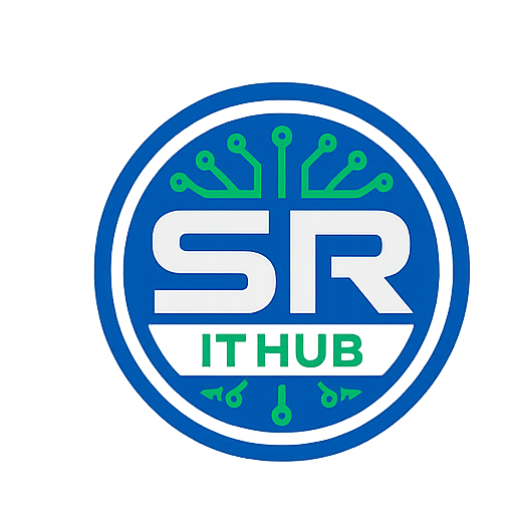ABSTRACT
A recent trend in routing research is to avoid inefficiencies in network-level routing by allowing hosts to either choose routes themselves (e.g., source routing) or use overlay routing networks (e.g., Detour or RON). Such approaches result in selfish routing, because routing decisions are no longer based on system-wide criteria but are instead designed to optimize host-based or overlay-based metrics. A series of theoretical results showing that selfish routing can result in suboptimal system behavior have cast doubts on this approach. In this paper, we use a game-theoretic approach to investigate the performance of selfish routing in Internet-like environments based on realistic topologies and traffic demands in our simulations. We show that in contrast to theoretical worst cases, selfish routing achieves close to optimal average latency in such environments. However, such performance benefits come at the expense of significantly increased congestion on certain links. Moreover, the adaptive nature of selfish overlays can significantly reduce the effectiveness of traffic engineering by making network traffic less predictable.
Existing System:
The existing network level routing is used to send the packets from source to destination through router. The router which maintain the routing table and search the destination address in routing table if the destinations address available then the router send the packets to destination or else it send the packets to nearest router.
In network level routing,
- Network in charge of routing.
- Route selection affects user performance.
- It yields sub-optimal user performance.
Proposed System:
In the proposed selfish routing, the end users pick their own routing path to send the packets from source to destination. There are two types of selfish routing, they are
- Selfish source routing (e.g., Nimrod).
- Selfish overlay routing (e.g., Detour).
• Selfish nature
– End hosts or routing overlays greedily select routes.
– Optimize their own performance goals – Not considering system-wide criteria.
• Studies based on small scale deployment show it improves performance.
Selfish source routing:
It results in selfish routing, since the source of the traffic makes an independent decision about how the traffic should be routed. The source can directly choose the route path.
SOFTWARE REQUIREMENTS:
• Web Technologies : HTML, CSS, JS. JSP
• Programming Language : Java
• Database Connectivity : JDBC
• Backend Database : MySQL
• Operating System : Windows 08/10
HARDWARE REQUIREMENTS:
• Pentium processor : Core I3
• RAM Capacity : 2GB
• Hard Disk : 250GB
• Monitor : 15’’ Color Monitor

